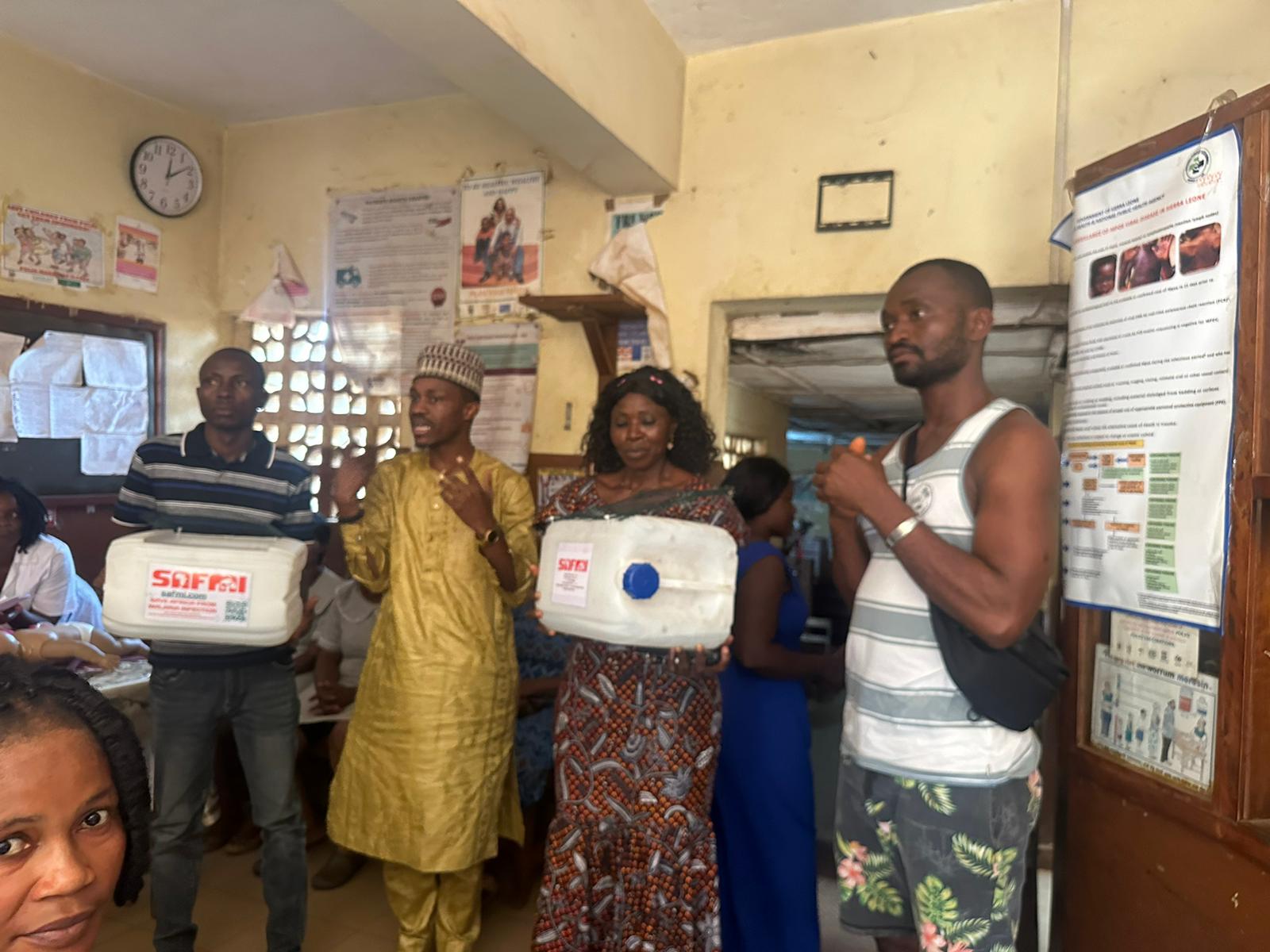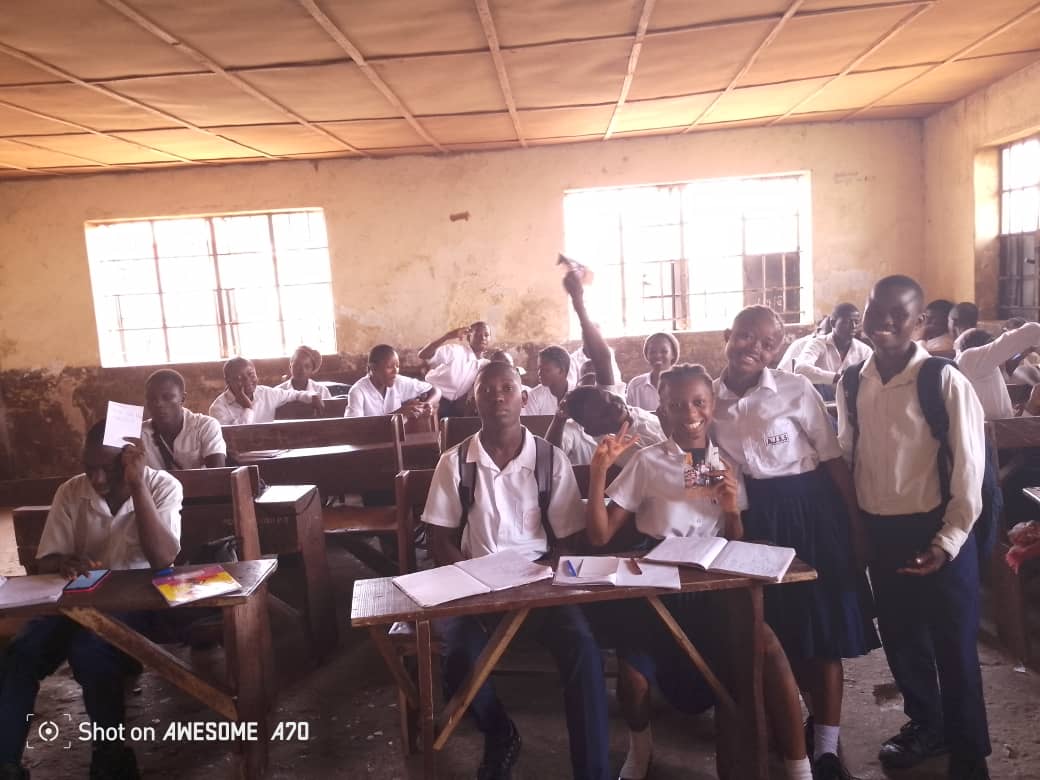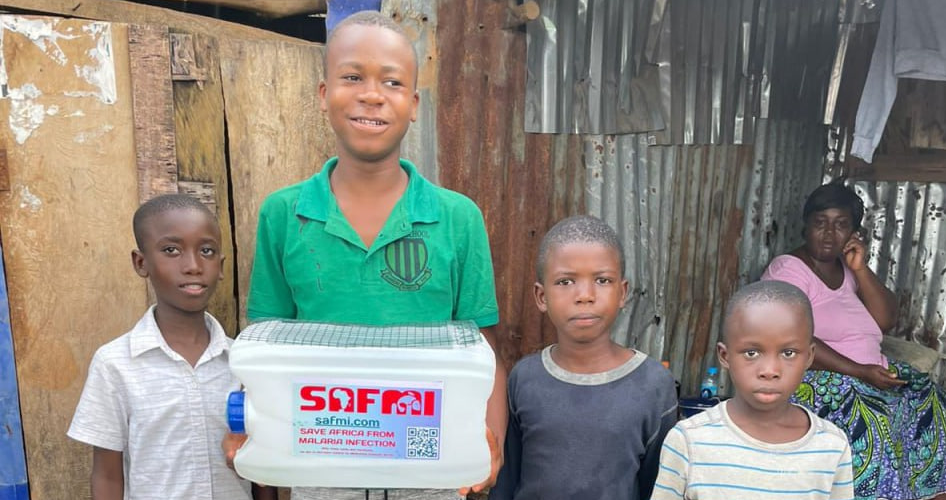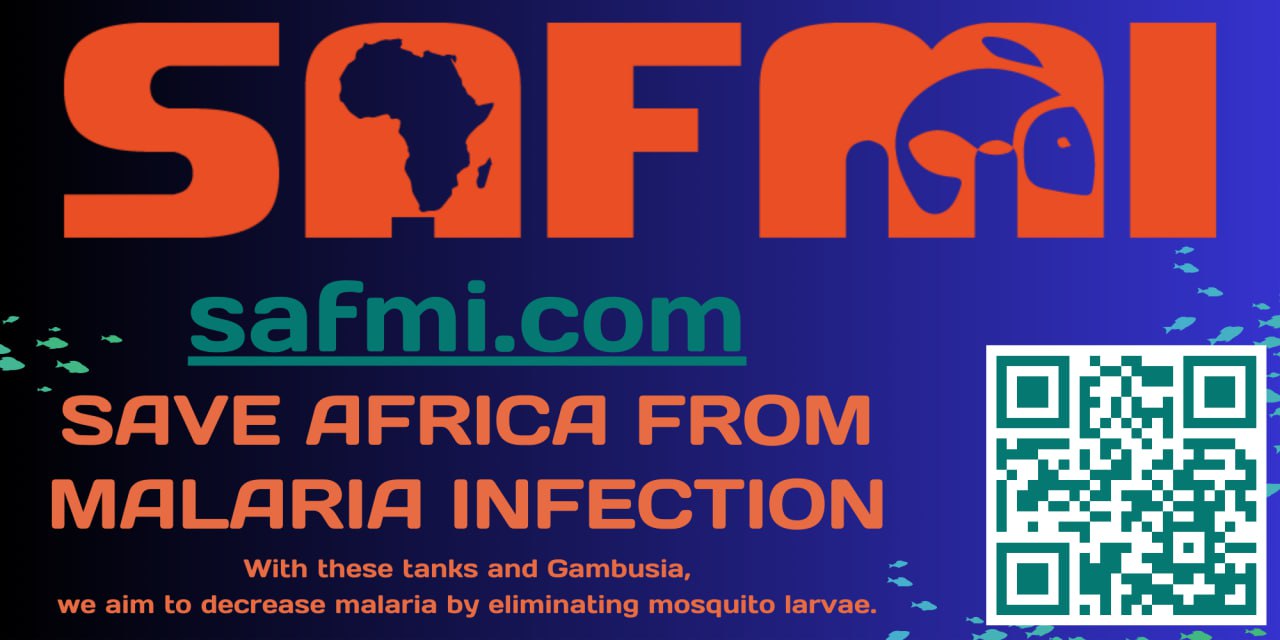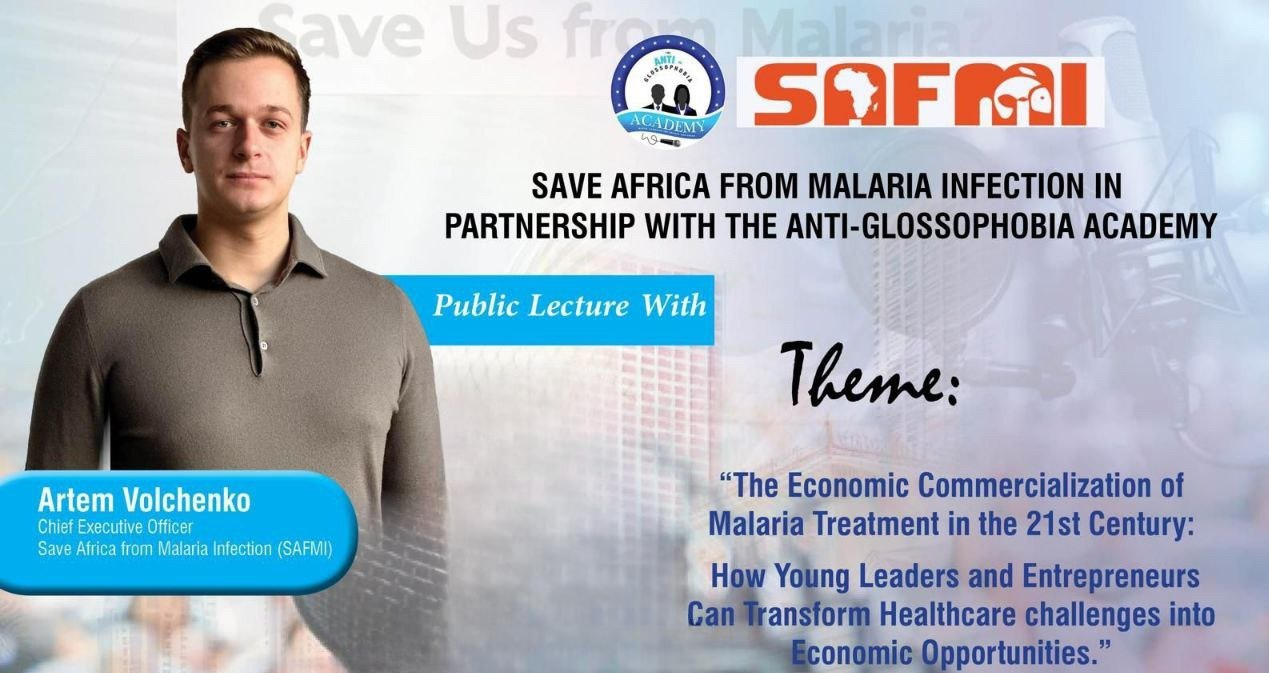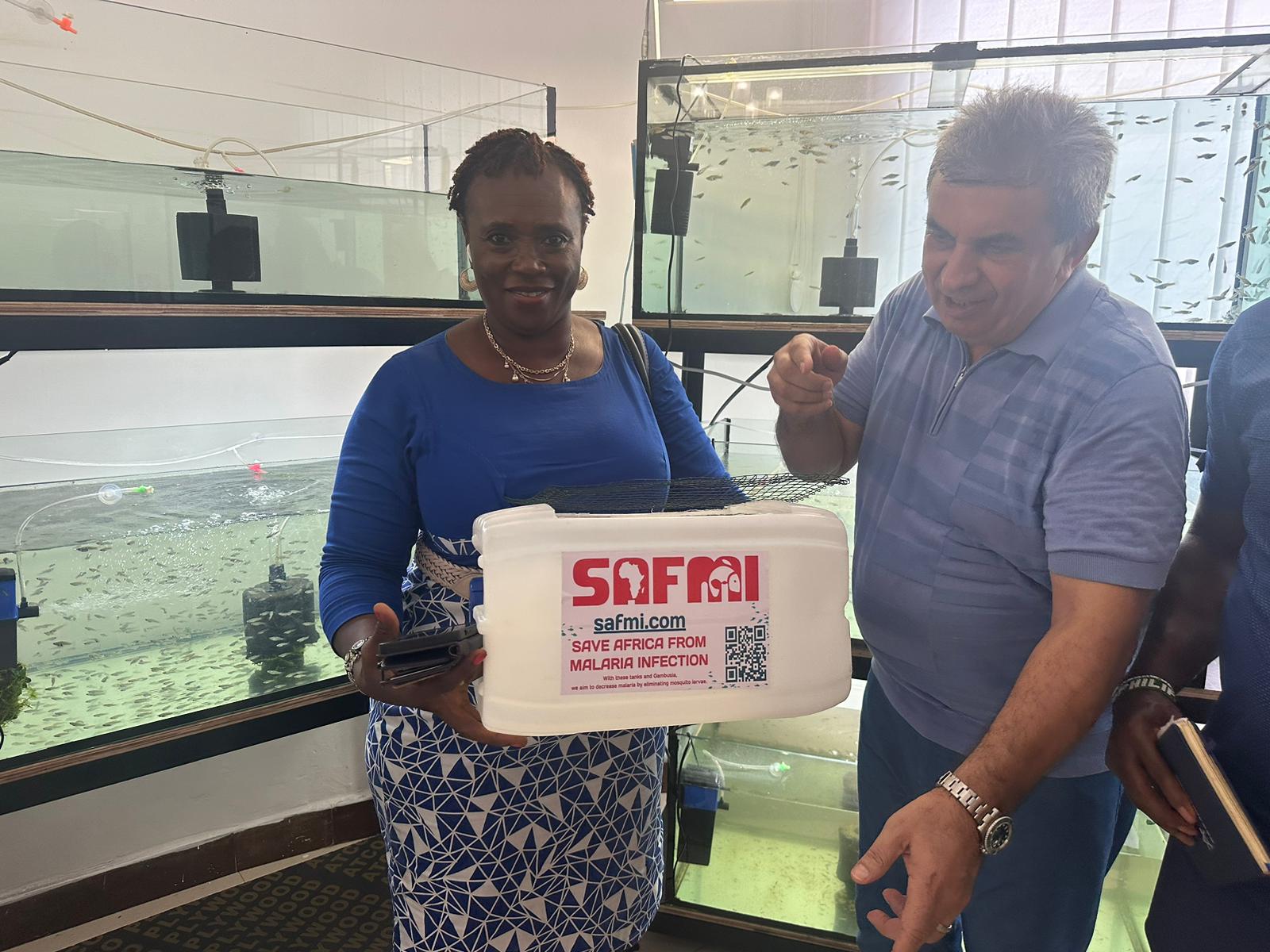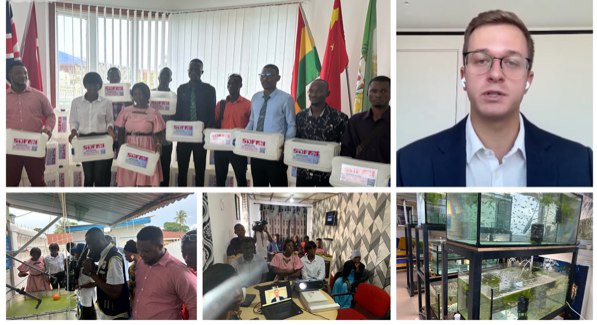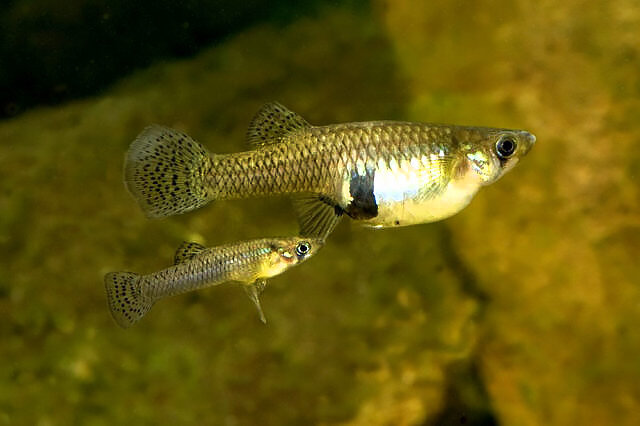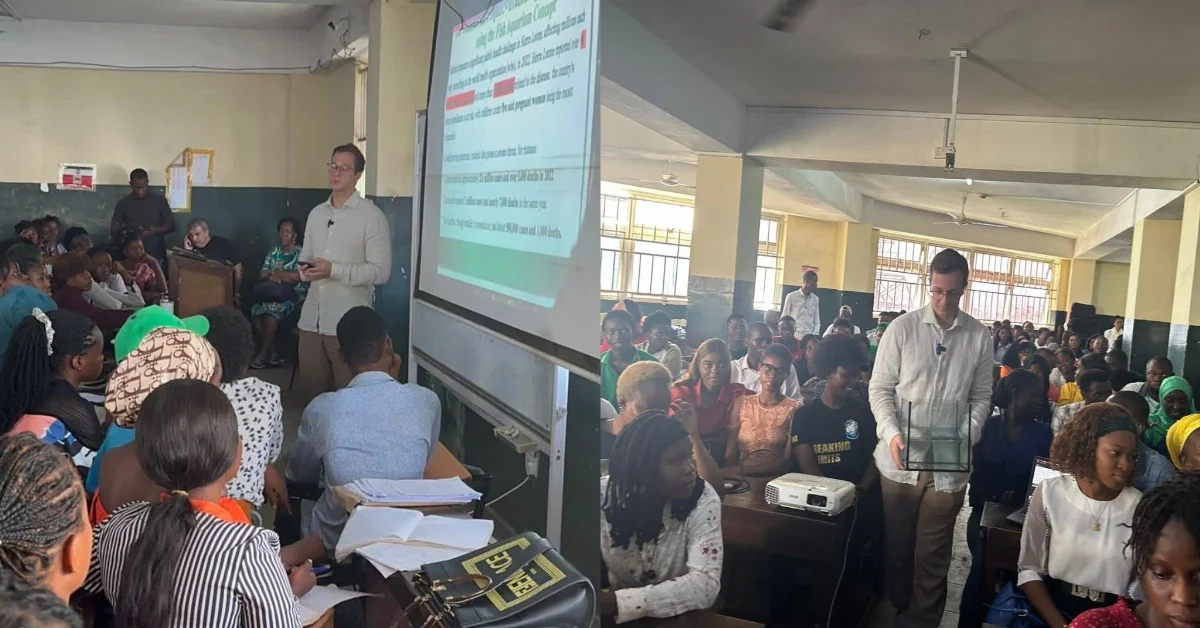to you double.
We selected Gambusia fish for malaria control in Sierra Leone due to their proven effectiveness in reducing mosquito populations. These fish are highly efficient at consuming mosquito larvae, with each fish capable of eating up to 300 larvae per day. Their ability to thrive in various water conditions makes them an ideal, low-maintenance solution. Unlike chemical treatments, Gambusia are environmentally friendly and sustainable, providing a natural method to decrease malaria transmission and improve public health in the region. Their use aligns with our commitment to innovative, eco-friendly approaches to combat malaria.
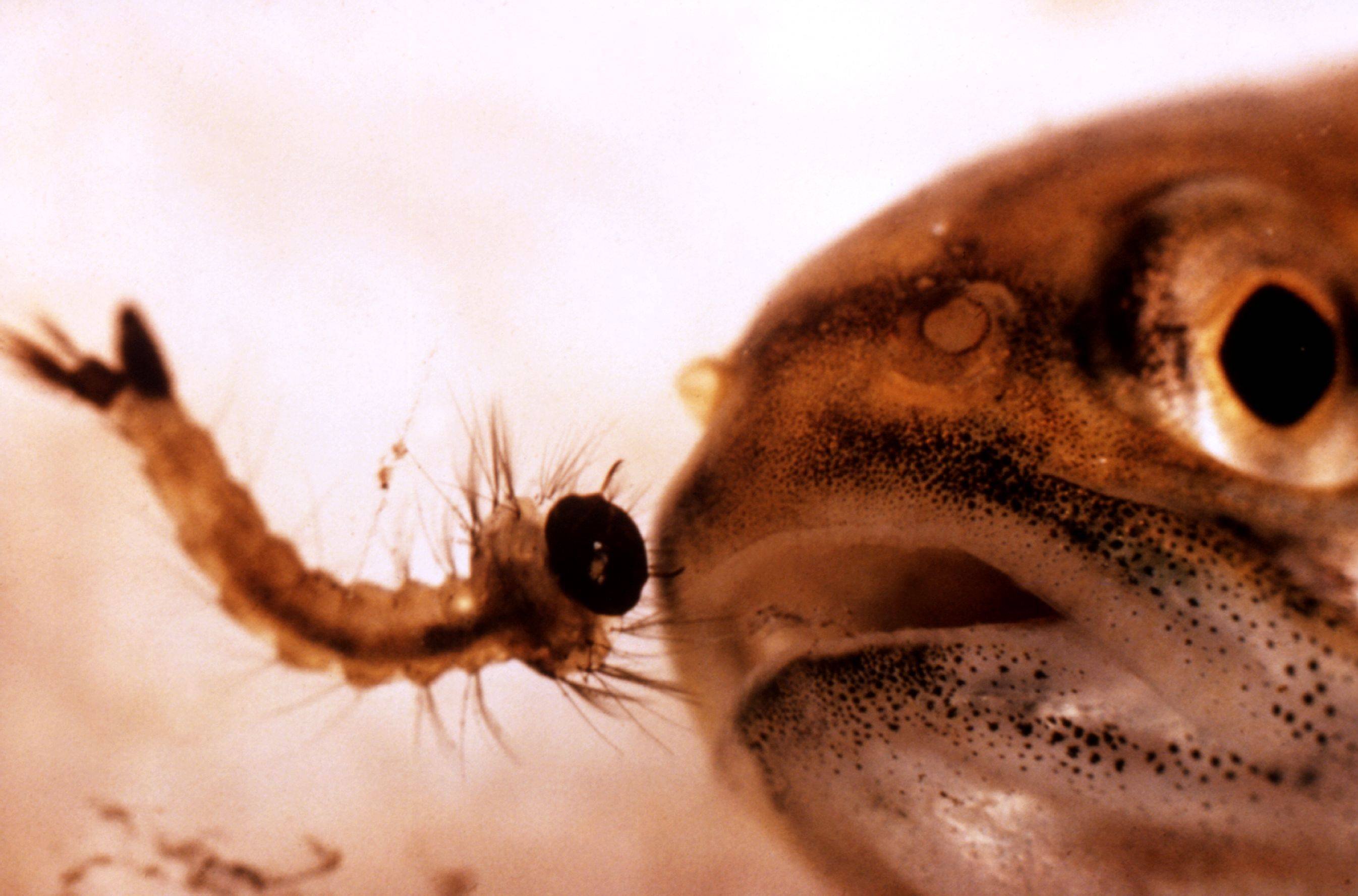
MALARIA INFECTION
MALARIA INFECTION
In combating malaria through biological control, Gambusia fish have become an integral component. These fish are strategically placed in water tanks to control mosquito populations by consuming their larvae. Small plastic tanks cost $0.40 each and typically house around five Gambusia. These smaller setups are ideal for limited spaces.
On the larger scale, tanks costing up to $200 can accommodate approximately 250 Gambusia, handling about 500 liters of water. These larger tanks are often split into two separate aquariums to optimize space and ensure the health of the fish. The recommended density is one fish per two liters of water, although a slightly higher concentration can be sustained without compromising the system’s efficiency.
Such deployments are not only a testament to the effectiveness of Gambusia in mosquito control but also highlight scalable solutions for public health challenges in regions prone to malaria.


.png)
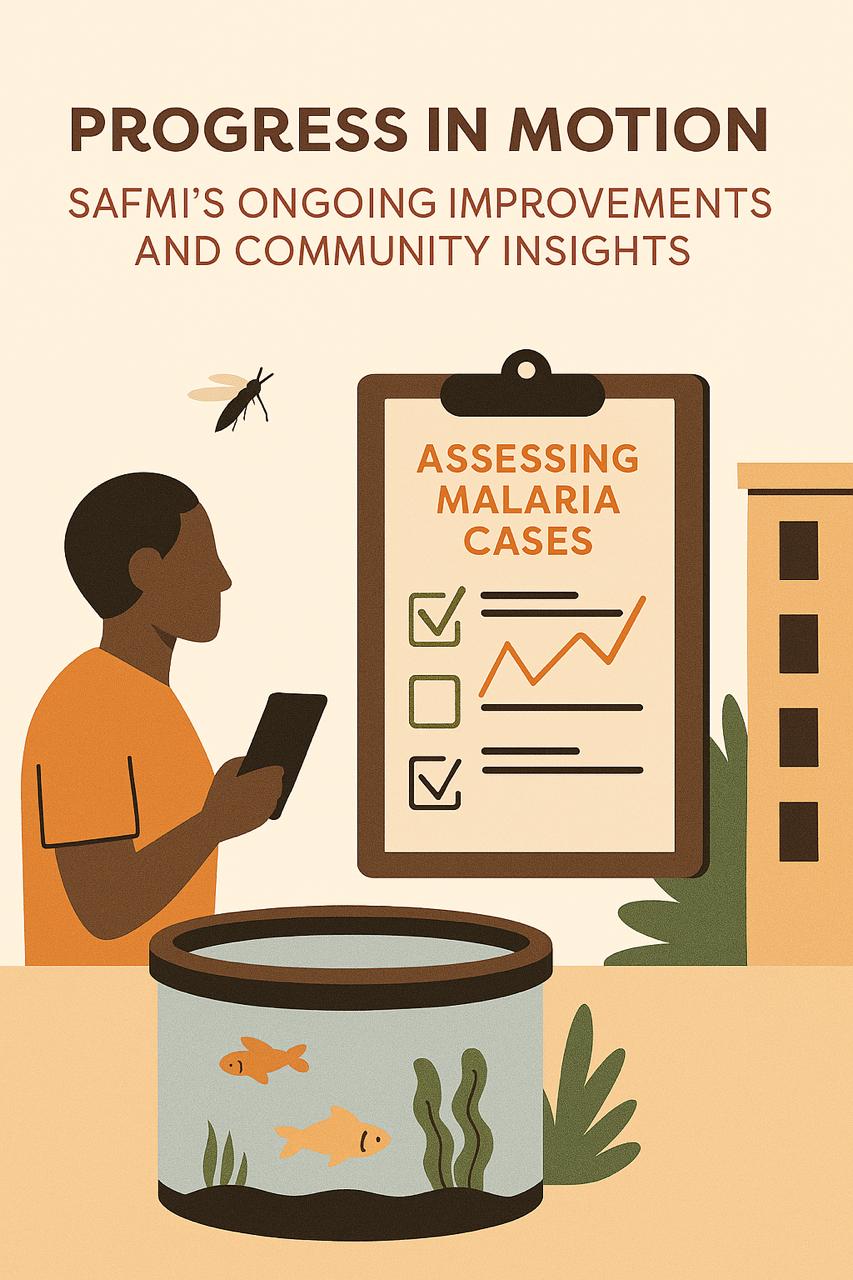
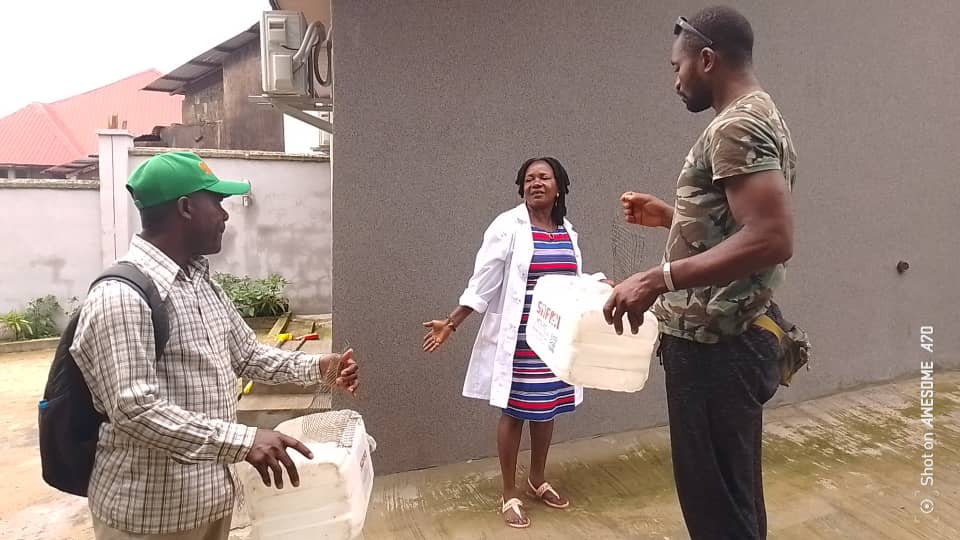
.jpg)
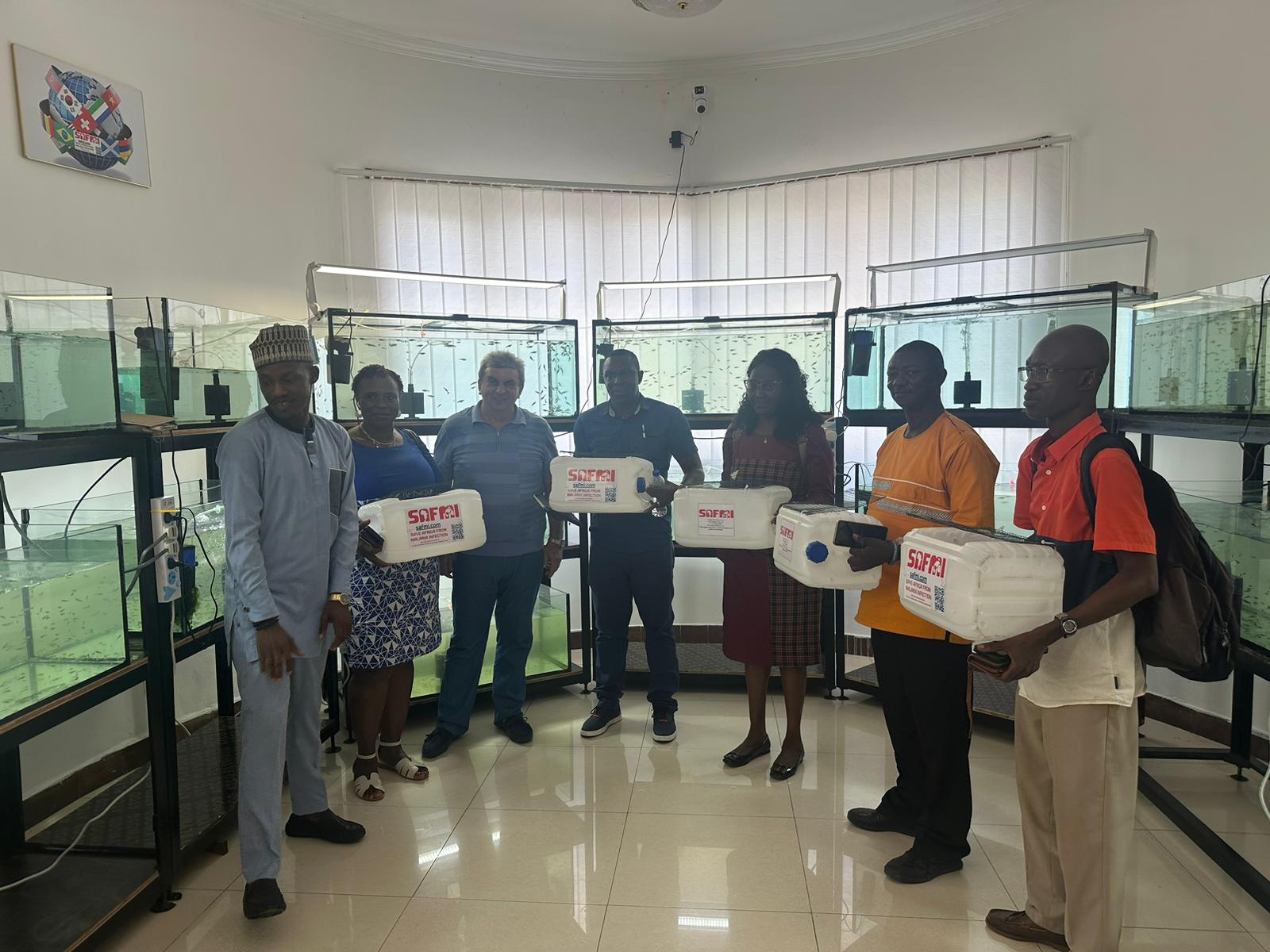
.jpeg)
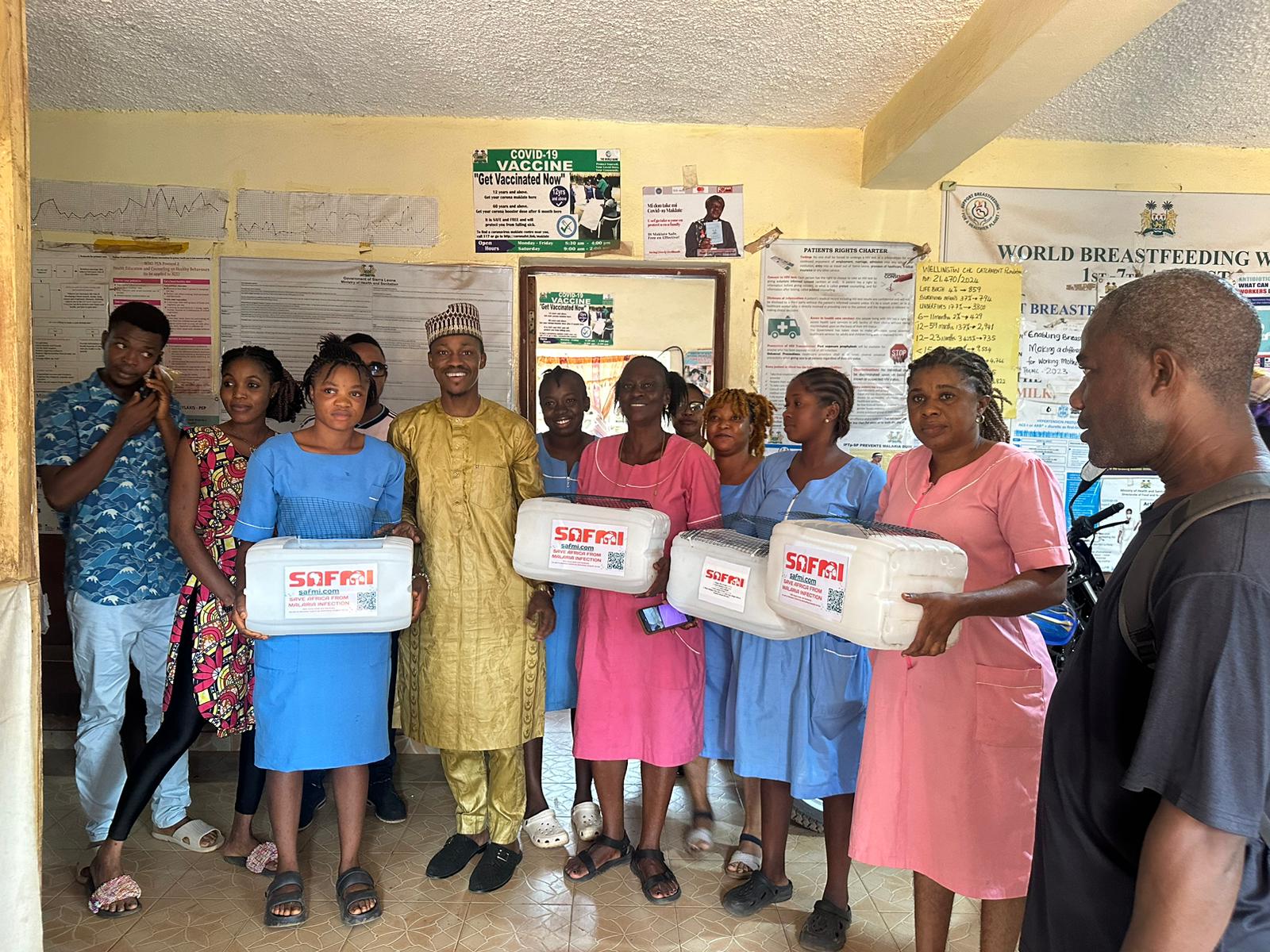
.jpg)
